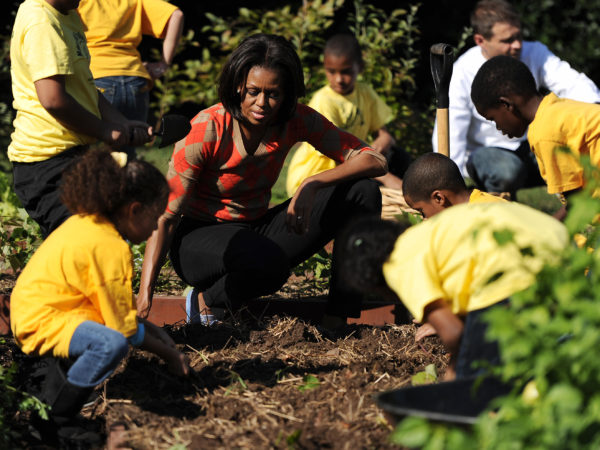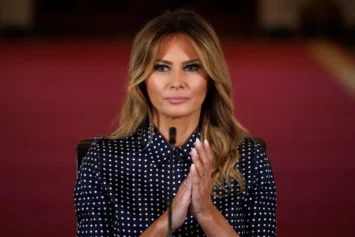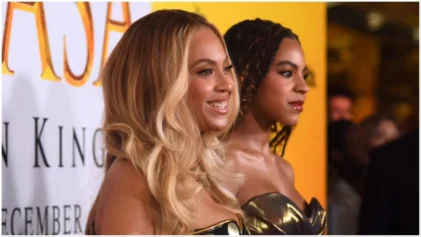For Appearing to Play a Subordinate Role to Their Husbands
Beyonce
At the end of her epic Super Bowl halftime 2013 performance, Beyonce announced her “Mrs. Carter Show World Tour.” The tour was named after Beyonce’s surname by marriage to hip-hop mogul Shawn “Jay Z” Carter.
The move enraged feminists, as Sarah Walters of Manchester Evening News noted that critics questioned “How could a woman as empowered and influential as Beyoncé compromise her identity and be known as the bride of some other celebrity?”
Grace Dent of independent.co.uk was none to pleased by the name-change, blaming Beyonce’s decision on having “too much gas and air [while] giving birth to [her daughter] Blue Ivy.”
Jane Martinson in The Guardian wrote: “There is almost something subversive about waiting until the strongest moment of your career, which is where Beyoncé finds herself now, to do away with the infamous glossy mononym in favor of a second name your own husband doesn’t even use.”
Michelle Obama
First lady Michelle Obama is considered the most accomplished first lady to take residence in the White House with two degrees from Ivy League schools and an established career. When she became first lady, Obama gave hope to feminist women who longed for a first lady who did more than bake cookies or spend their days debating “soft” topics like the welfare of children.
Washington reporter Michelle Cottle recognizes the role of the first lady could be a tricky one that comes with the “all of the scrutiny but none of the power of the presidency,” as she noted in her controversial piece for Politico: “Leaning Out: How Michelle Obama became feminist nightmare.”
Author Linda Hirshman adds that Michelle Obama managed to stay out of the way for nearly six years, but “the way she did that was to give, for all intents and purposes, an almost music-hall-level imitation of a warm-and-fuzzy, unthreatening, bucolic female from some imaginary era from the past.”
Even as Michelle Obama took on a “tougher” issues like education, it didn’t come without snipes to her previous choices. Cottle states: “[The higher education gap], finally, was an issue worthy of the Ivy-educated, blue-chip law firm-trained first lady, a departure from the safely, soothingly domestic causes she had previously embraced. Gardening? Tending wounded soldiers? Reading to children?”



